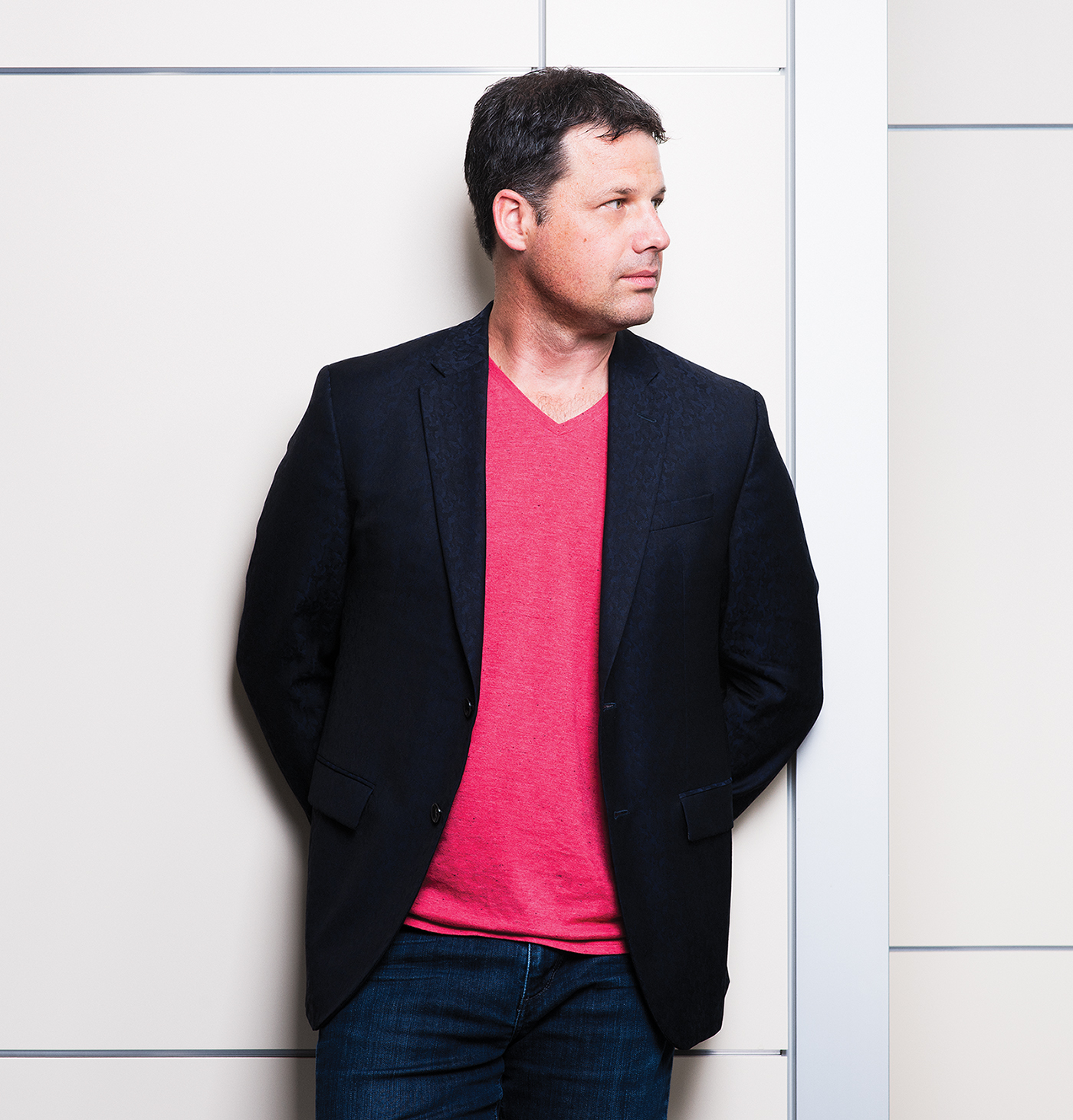Last year, entrepreneurs Cory Janssen, Bruce Alton and Aaryn Flynn found themselves in similar positions in their careers. According to Alton, founder at A-Partners, all of them were searching for new opportunities and a bit more flexibility, and they became fascinated by the potential they saw in artificial intelligence and machine learning. “We’re all from Edmonton, we’ve had success here, and we wanted to see what we could do to build up the ecosystem and felt there was a big opportunity in AI,” says Alton.
They created Edmonton.AI, a community initiative with a lofty goal – to help nurture 100 AI companies and projects in the span of two years. “There’s no magic to it [the number] , we just felt that if we had 100, that would give us some critical mass,” says Alton.
“The idea that we could support Edmonton creating 100 AI and ML projects in the city in two years became a rallying cry for us,” says Flynn, former general manager at BioWare. At first, they weren’t sure quite what their plan would be, but, as Janssen says, “we wanted to start the parade and figure out how to get people behind it.”
Edmonton.AI chose to focus on four major elements – location, events, connections and storytelling. One of the first big issues it saw that required addressing, particularly at the beginning, was talent retention. Janssen saw some of the issues first hand with his own company, AltaML. “It’s anecdotal, but I think it happens dozens if not hundreds of times. Around September I was doing some hiring, I filled four positions for ML engineers quicker than I thought, and still had a few people running through the process. By the time I followed up with that group six weeks later in the next round of hiring, all three had left the city,” says Janssen. “Our fingerprints in Edmonton are all over the history of AI, but none of it happens here. How do we change that?”
Edmonton has a thriving AI and ML scene when it comes to academics and research, but the missing piece, according to the founders, is the business connection. “I think that Edmonton has such a great footprint on the research side of things already and the sky’s the limit on the application side of things, the business side of things, but it’s up to the city and entrepreneurs and established businesses,” says Flynn. “I think the missing piece still is start-ups. I want to see young start-ups deciding that they can build something with AI here and do that, I think that’s the next chapter to facilitate.”
